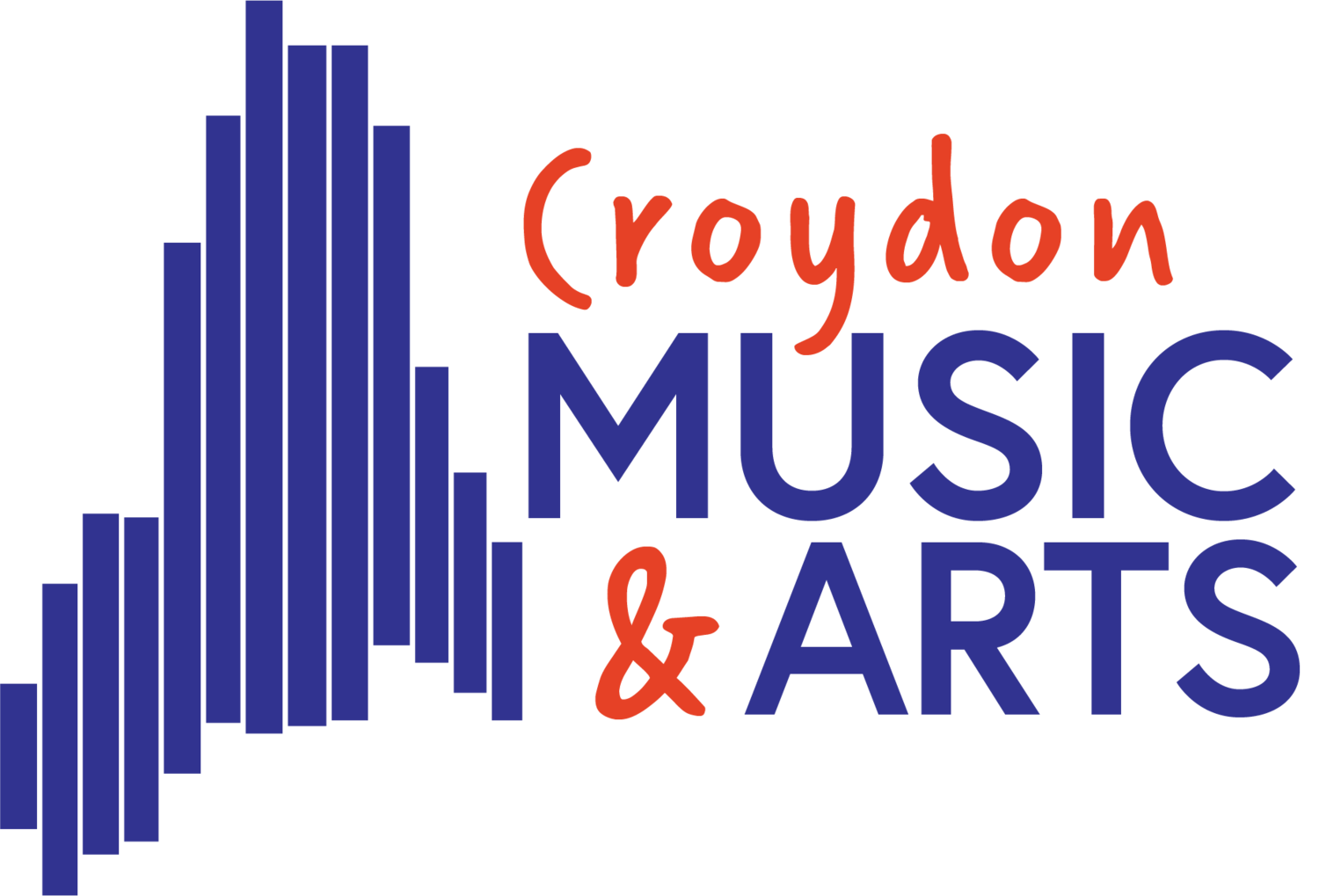Ofsted
Our mission is to amplify young people’s voices and enhance their lives and life chances through the arts. The arts are a safe space for children and young people to explore the world around them: there are no wrong answers when they are telling their stories.
Central to our mission is recognition of the importance of culture and identity for engaging families, schools and communities.
Meeting the Ofsted Framework
Schools can demonstrate meeting these criteria in the Ofsted framework:
By offering children activity in a wide range of art forms with choices to find the way they wish to express themselves artistically, schools can demonstrate meeting the Ofsted requirement for learners “to develop and discover their interests and talents”.
By encouraging children to take part in CMA activity schools can meet the Ofsted requirement to demonstrate providing these experiences in a “coherently planned way, in the curriculum and through extra-curricular activities”.
By ensuring that children with SEND can express themselves in an art form which builds on their abilities, that children can express themselves through their home culture and that Pupil Premium children can afford to take part beyond the classroom, schools can meet the Ofsted requirement that “participation in extra-curricular activities is consistently very high, including among those from disadvantaged backgrounds”.
By mapping their schemes of work against the Star Award progression criteria, schools will be able to provide evidence for the Ofsted requirement to demonstrate that their “curriculum is coherently planned and sequenced towards cumulatively sufficient knowledge and skills for future learning and employment”.
By using the arts to connect children to their family heritage and to explore other cultures, children can develop their cultural identity and schools can demonstrate meeting the Ofsted requirement to build “cultural capital”.
We are promoting a participation framework where at each stage the young artist adds a new layer to their development. Using evidence-based practice can support those outcomes.
Early Years - Play
Children use artistic forms to play and communicate with others, and to learn about the world around them.
Key Stage 1 - Exposure
They also experience a wide range of art forms and enjoy taking part in a wide range of arts activity.
Key Stage 2 - Choice
They also discover and develop their artistic interests and skills and contribute to cultural life in their community.
Key Stage 3 - Voice
They also shape their own artistic journey and use the arts to explore personal and social issues.
Key Stage 4/5 - Employability
They also use their arts skills to present themselves and express their ideas with confidence and conviction.
